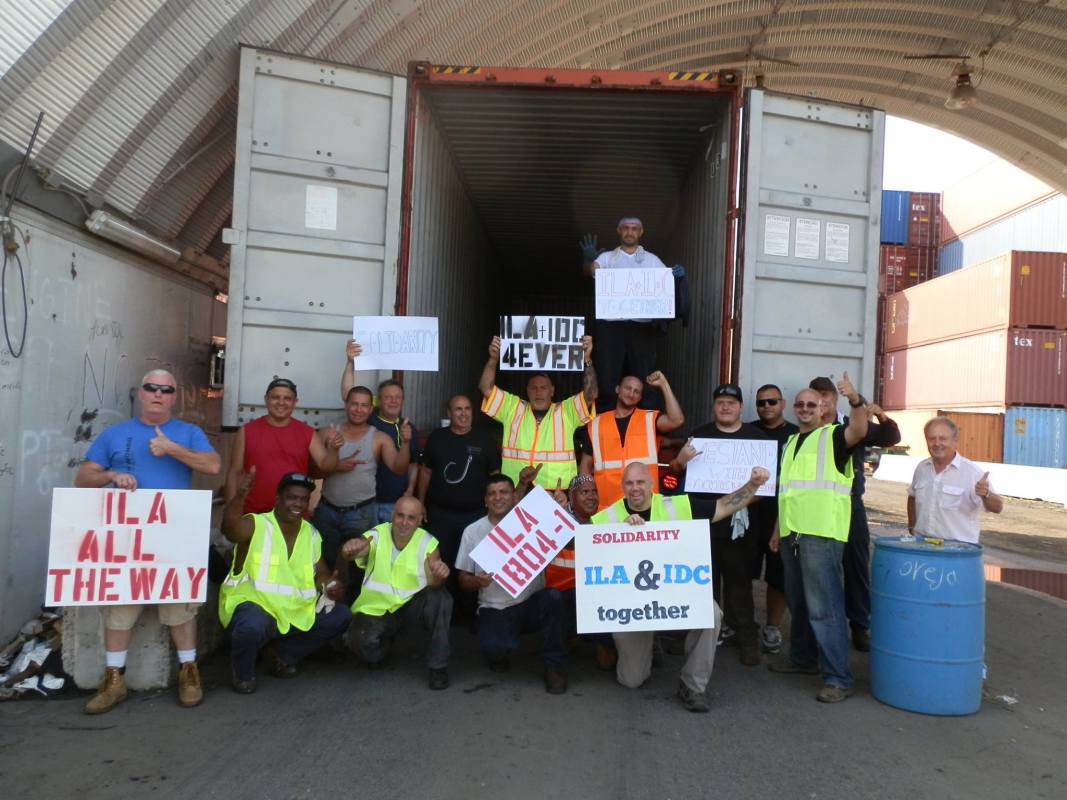
Transcript:
Conway Gittens: The week on Wall Street began with some trepidation ahead of a heavy flow of economic data coming in the next few days. On the earnings front, Carnival posted a record third quarter. Profits at the cruise ship operator rose 60 percent from a year ago. Sales hit a record high of $7.9 billion.
Sticking with the high seas, business activity at 14 ports stretching from Maine to Texas is on the verge of grinding to a halt. North America’s largest longshoremen union is preparing to walk off the job when the clock strikes midnight, October 1st.
Related: Looming port worker strike could put a dent in your wallet
Just to give you a scope of what’s at stake here, The 14 ports that will be hit by the strike handle nearly half of all the cargo coming in and going out of the U.S. In the week leading up to the strike, roughly $14 billion in goods made their way through these docks.
On Friday alone, more than 54-thousand 20-foot-equivalent cargo containers went through the ports of New York and New Jersey, Baltimore, Norfolk, Savannah, Miami, New Orleans, and Houston - with an estimated value of $2.7 billion in goods.
Retailers are particularly vulnerable to a strike just ahead of two of the year’s biggest moneymakers: Halloween and Christmas. Walmart is particularly in jeopardy since it is the biggest importer of goods that come through the targeted ports, according to data from ImportGenius.
Walmart, however, is not alone. At the Port of New and New Jersey for example, the biggest companies with shipments over the past year included General Motors, LG Electronics, Samsung, Bob’s Discount Furniture, Heineken, Ikea, BJ’s and Home Depot.
The business community is calling on the Biden Administration to intervene by prohibiting the strike and forcing both sides back to the negotiation table.
The prospects for that happening - look bleak.
That’ll do it for your Daily Briefing. From the New York Stock Exchange, I’m Conway Gittens with TheStreet.







